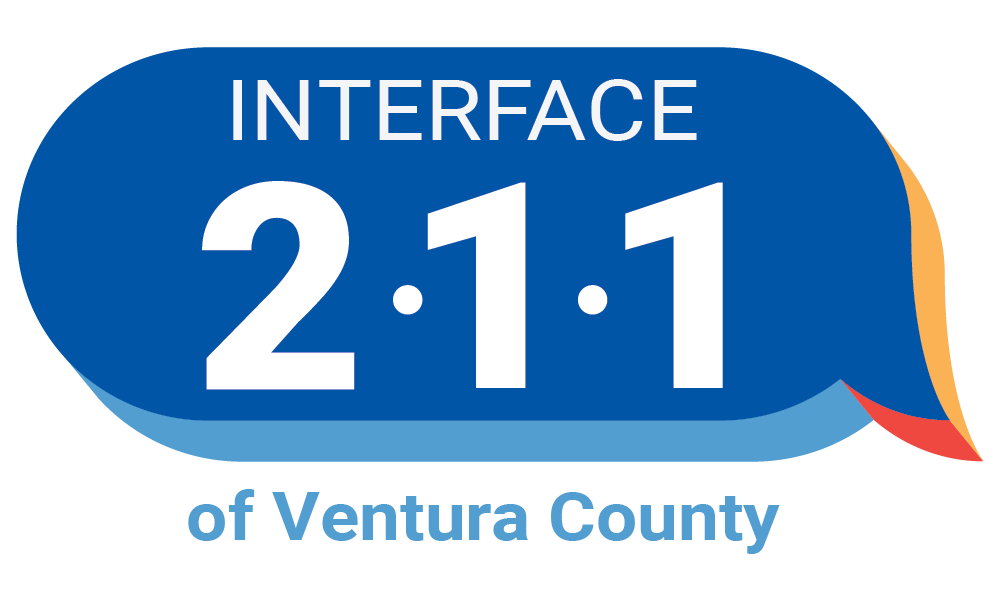 I don’t spend a lot of time on social media, but when I am there, one thing always strikes me: our culture is hungry for healthy relationships. This is especially noticeable around Valentine’s Day, when “love” means pink, red, flowers, balloons, perfectly curated photos, and verbose captions of undying love. Most days, though, social media feeds fill with messages about handling “toxic” relationships with difficult people. We see details of celebrity conflicts put on blast to the public. Someone, somewhere is always outraged at someone, somewhere else. And yes, there are social media sites doing great work with educating the public about healthy relationships. I personally like The Gottman Institute’s Instagram page and, of course, I love @interface_prevention, which shares original content to educate our community about family violence.
I don’t spend a lot of time on social media, but when I am there, one thing always strikes me: our culture is hungry for healthy relationships. This is especially noticeable around Valentine’s Day, when “love” means pink, red, flowers, balloons, perfectly curated photos, and verbose captions of undying love. Most days, though, social media feeds fill with messages about handling “toxic” relationships with difficult people. We see details of celebrity conflicts put on blast to the public. Someone, somewhere is always outraged at someone, somewhere else. And yes, there are social media sites doing great work with educating the public about healthy relationships. I personally like The Gottman Institute’s Instagram page and, of course, I love @interface_prevention, which shares original content to educate our community about family violence.
February is Teen Dating Violence Awareness Month, and this year’s theme is #TalkAboutIt. It is a timely theme for a generation of teens who are mostly talking about things online with one another, rarely delving into taboo or painful topics if conflict might occur as a result. We want to make the historically taboo topic of dating violence a part of regular conversations so that we can stop the cycle of trauma and prevent relationship violence from happening in the first place.
When was the last time you really considered your views on how we form healthy relationships, or what parts of your healthy relationships are most important or valuable to you? It’s a good opportunity for all of us to reflect on our own role in our relationships and to gauge how we might offer better love to our loved ones.
Think about how you might have responded to these questions when you were a teen:
- How do you think a healthy friendship/relationship is formed?
- What qualities of a healthy relationship are personally most important to you?
- How do your friends model healthy qualities?
If you have a teen in your life who trusts you and you feel comfortable asking these questions… start the conversation! You can keep it going by letting the teen lead the conversation, by keeping questions open-ended, and by avoiding prying to the point where they shut down. (Sighing and eye rolling are probably good indicators that you need to change course. Abort mission! I repeat, abort mission!) If your teen isn’t in a romantic relationship, they might be more comfortable talking about friendship, as many of the same principles apply.

When I was a teenager, television, movies, magazines, and my friends at school were where I saw most examples of relationships… good or bad. But that might not be where your teens get their most powerful messages anymore. There is a good chance that they know more about TikTok content creators and influencers than they know about their own cousins. Ask about people that are influential in their lives. It is developmentally normal for friends, in particular, to have more influence than parents at this age. Ask about their friends. Teens may not always want to talk, but they need these conversations. We need to draw close to them on this issue. We need to talk about it. Why? Because one in three teens in the United States will experience physical, sexual, or emotional abuse by someone they are in a relationship with before they become adults. And nearly half (43%) of college women report experiencing violent and abusive dating behaviors. These things don’t just go away. Teen abusers don’t just grow out of immaturity. Victims don’t just grow up and forget. These issues need prevention before they start. That means reaching kids in late elementary, junior high, high school, and college with the messages they need to hear from the people who love them.
The most powerful tool we have for persuasion is a social norm. If we can raise up a generation of teens who know what a healthy relationship looks like and has more skills to practice that, we will see a tremendous change in a host of other social issues. Prevention here is an investment in justice and health in nearly every other sector of our society. Will you join us in that movement?
Ways to connect:
- Want Interface to come and present on Teen Dating Violence Prevention to your teen’s school? Contact us at (805) 850-4564 or by email at fvispresentations@icfs.org
- Know a teen in crisis? Encourage them to call our 24/7 Youth Crisis Hotline: (805) 469-5882
- Need support or access to other resources? Dial 2-1-1 to be connected to Interface’s 211 Call Center


